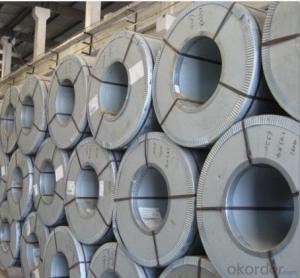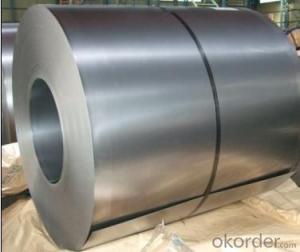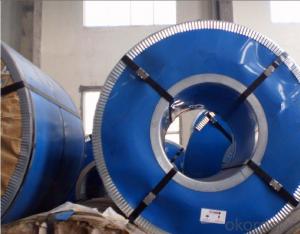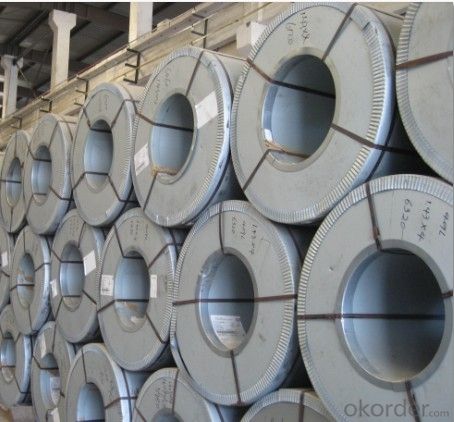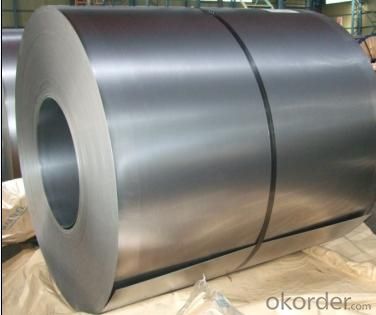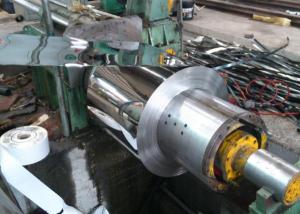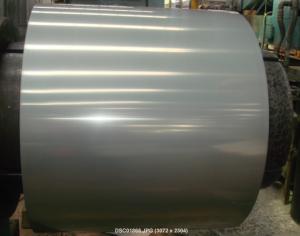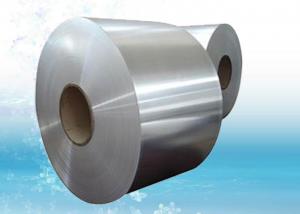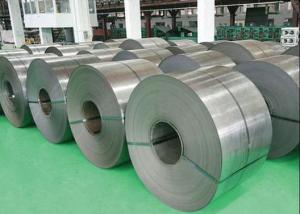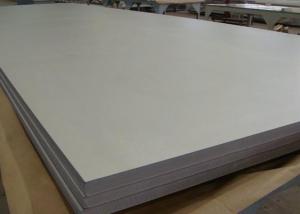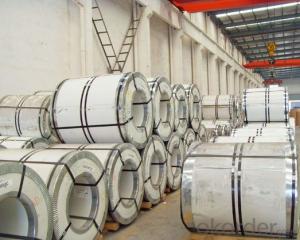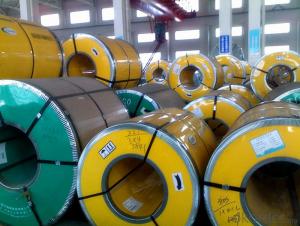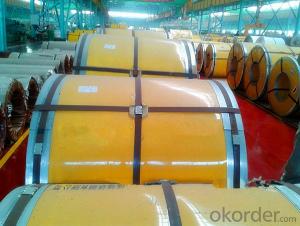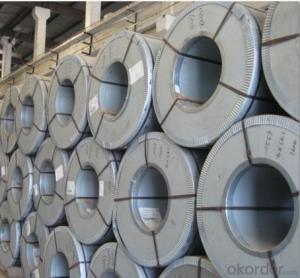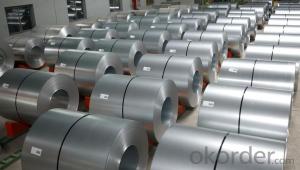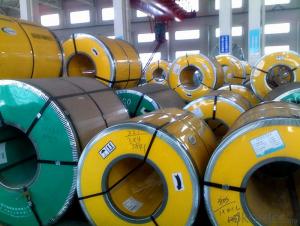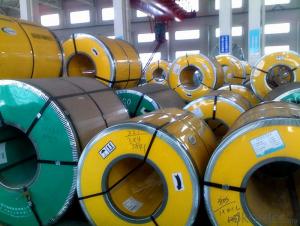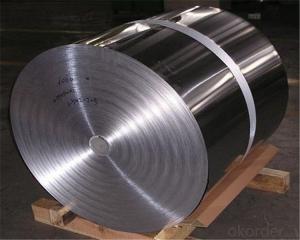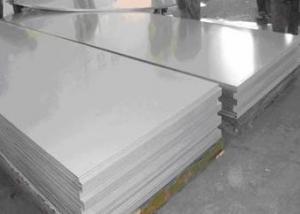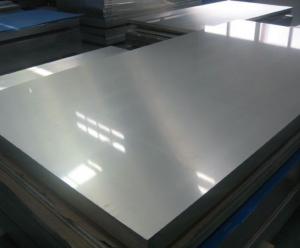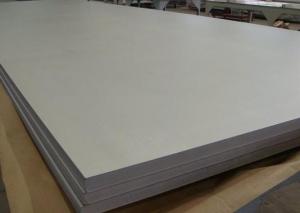Stainless Steel Coil Cold Rolled 304 Surface 2B With Good Quality
- Loading Port:
- Shanghai
- Payment Terms:
- TT OR LC
- Min Order Qty:
- 100 m.t.
- Supply Capability:
- 8000 m.t./month
OKorder Service Pledge
OKorder Financial Service
You Might Also Like
Stainless Steel Coil Cold Rolled 304 Surface 2B With Good Quality
1.Structure of Stainless Steel Coil Cold Rolled 304 Surface 2B With Good Quality
Cold Rolled stainless steel Coil with good quality is one of the raw material of the cold rolled stainless steel Coil, which can be used directly in many places. Stainless Steel (Stainless Steel) is short for acid-proof Stainless Steel, resistant to weak corrosive medium such as air, steam, water, or with a Stainless Steel grade.
2.Main Features of Prefabricated Steel Structure High Building Project
Weldability: The purpose of the different requirement for welding performance are different.1 Kind of tableware generally do not require the performance of welding, even including some pot class enterprise. But the vast majority of products all need raw materials welding performance is good, like the 2 kinds of tableware, thermos flask, steel pipes, water heaters, water dispensers, etc.
3. Stainless Steel Coil Cold Rolled 304 Surface 2B With Good Quality Images
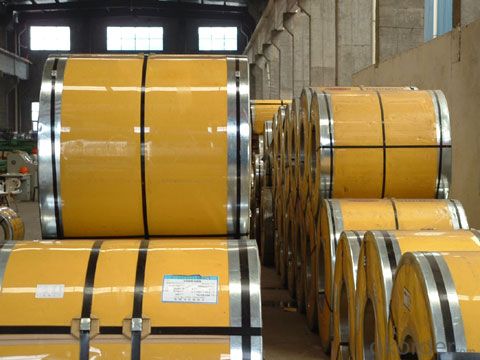
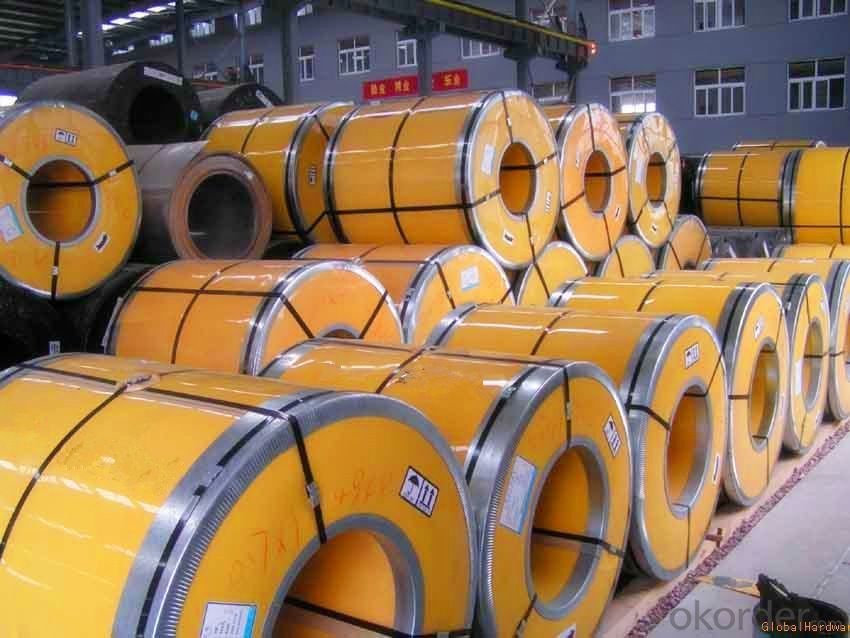
4. Stainless Steel Coil Cold Rolled 304 With Good Quality Specification
The word "stainless steel" is not merely refers to a pure stainless steel, but said more than one hundred kinds of stainless steel industry, the development of each stainless steel has good performance in their specific applications. The key to the success of the first is to make clear purpose, and then determine the correct material. Related to architectural construction applications usually only six types of steel. They contain 17 ~ 22% chromium, good steel contains nickel. Add molybdenum can further improve the atmospheric corrosion resistance, especially containing chloride atmospheric corrosion resistance. Stainless steel often according to the state of organization can be divided intomartensite steel, ferritic steel, austenitic steel, austenitic (two-phase) ferrite stainless steel and precipitation hardening stainless steel, In addition, according to ingredients can be divided into: chromium stainless steel, chromium nickel stainless steel and chromium manganese nitrogen stainless steel, etc.
5. Applications of Stainless Steel Coil 304 With Good Quality
1. Kitchenware: tableware, cookware, Stoves…
2. Food packing: storage cans, food containers…
3. Construction: bridge, roofing, wall, decoration, bathroom accessories…
4. Precision instruments: electrical products, aerospace…
5. Others: automotive parts, machine building, chemical processing, farming…
6.FAQ of Stainless Steel Coil 304 With Good Quality
We have organized several common questions for our clients,may help you sincerely:
①How about your company?
A world class manufacturer & supplier of castings forging in carbon steel and alloy steel,is one of the large-scale professional investment casting production bases in China,consisting of both casting foundry forging and machining factory. Annually more than 8000 tons Precision casting and forging parts are exported to markets in Europe,America and Japan. OEM casting and forging service available according to customer’s requirements.
②How to guarantee the quality of the products?
We have established the international advanced quality management system,every link from raw material to final product we have strict quality test;We resolutely put an end to unqualified products flowing into the market. At the same time, we will provide necessary follow-up service assurance.
③How is the packaging and delivery?
Standard export packing (Coil: waterproof paper + protective steel ring; Circle: wooden box), or as your requirement and the delivery term is based on the project.
- Q: What are the main stainless steel belt used in the industry and products?
- It is one of the earliest fields of stainless steel application. In architectural decoration, at present, stainless steel is mainly used in high-rise building exterior wall, indoor and external column coating, handrails, floors, elevator panels, doors and windows, curtain walls and other interior decoration and components. After the surface treatment, coloring and coating of the stainless steel plate, the utility model solves the problems such as fingerprint easily appearing after touching, and further expands the application range of the stainless steel.In the home appliance industry, the large quantities of stainless steel are the inner cylinder of the automatic washing machine, the inner liner of the water heater, the inner and outer shell of the microwave oven and the lining of the refrigerator, and the ferritic stainless steel is adopted.
- Q: What are the surface finishes available for stainless steel strips?
- There are several surface finishes available for stainless steel strips, each offering its own unique appearance and characteristics. Some common surface finishes include: 1. Mill Finish: This is the standard finish produced by the steel mill and is characterized by a smooth, unpolished surface. It is typically used for applications where a specific finish is not required. 2. 2B Finish: This finish is achieved by cold rolling the stainless steel strip and then annealing it in a controlled atmosphere. It has a smooth, reflective surface and is commonly used in applications that require a high level of corrosion resistance. 3. No. 4 Finish: Also known as brushed or satin finish, this finish is achieved by mechanically polishing the stainless steel strip with abrasive belts or brushes. It has a uniform, non-reflective surface with fine parallel lines, making it popular for decorative purposes and applications where a visually appealing finish is desired. 4. BA Finish: Short for Bright Annealed finish, this finish is produced by annealing the stainless steel strip in a controlled atmosphere and then cold rolling it to a bright, reflective finish. It provides a highly reflective surface that is suitable for decorative applications. 5. No. 8 Finish: This finish, also known as mirror finish, is achieved by mechanically polishing the stainless steel strip to a highly reflective surface. It is often used in architectural and decorative applications where a mirror-like appearance is desired. Additionally, there are specialized finishes such as embossed finishes, which involve stamping patterns onto the surface, and patterned finishes, which use chemical etching or laser engraving to create unique designs. These finishes are often used for aesthetic purposes in applications such as interior design, signage, and automotive trim.
- Q: What is the thickness range for stainless steel strips?
- Depending on the specific grade and application, the thickness of stainless steel strips may vary. In general, these strips can be obtained in thicknesses ranging from 0.0015 inches (0.0381 mm) to 0.125 inches (3.175 mm). This extensive range provides versatility for their widespread utilization in industries like automotive, aerospace, construction, and manufacturing.
- Q: Can stainless steel strips be polished to a mirror-like finish?
- Yes, stainless steel strips can be polished to a mirror-like finish. The process of achieving a mirror-like finish on stainless steel involves several steps. Initially, the surface is prepared by grinding and sanding to remove any imperfections or scratches. After that, different grades of polishing compounds are applied progressively to the surface using a buffing wheel or a polishing pad. This helps to remove the remaining scratches and create a smoother surface. Finally, a finishing compound is used to achieve a high-gloss shine, resulting in a mirror-like finish on the stainless steel strips. This process requires skill and expertise to achieve the desired result, but with the right techniques and materials, stainless steel strips can indeed be polished to a mirror-like finish.
- Q: Can stainless steel strips be used in the production of chemical tanks?
- Indeed, the utilization of stainless steel strips is feasible for manufacturing chemical tanks. Renowned for its remarkable resistance to corrosion, stainless steel proves to be an appropriate substance for containing and conveying diverse chemicals. The incorporation of stainless steel strips in the fabrication of chemical tanks guarantees robustness, longevity, and immunity to chemical reactions that may transpire within said tanks. Moreover, the strength and capacity of stainless steel to endure elevated temperatures establish it as a trustworthy option for securely storing and transporting chemicals.
- Q: Are stainless steel strips suitable for food processing applications?
- Stainless steel strips prove to be an excellent option for food processing purposes, given their high suitability. The food industry widely embraces stainless steel due to its exceptional resistance to corrosion, durability, and hygiene. It remains inert when in contact with food, ensuring that the taste and quality of processed food remain unaltered and uncontaminated. Additionally, stainless steel strips are effortless to clean, guaranteeing the required level of sanitation in food processing environments. Furthermore, stainless steel possesses remarkable strength, enabling it to endure extreme temperatures, thus rendering it perfect for cutting, slicing, and packaging procedures. In summary, stainless steel strips are a dependable and secure choice for food processing applications.
- Q: How do stainless steel strips compare to aluminum strips in terms of strength?
- Stainless steel strips generally have higher strength compared to aluminum strips. Stainless steel is known for its excellent strength and durability, which makes it suitable for various applications that require resistance to corrosion, heat, and impact. On the other hand, aluminum strips are relatively less strong but are lightweight and have good corrosion resistance. While aluminum strips may not match the strength of stainless steel, they are often preferred in industries where weight is a critical factor, such as aerospace and automotive. Ultimately, the choice between stainless steel and aluminum strips depends on the specific requirements of the application, balancing strength, weight, and other properties.
- Q: Can stainless steel strips be used in the aerospace manufacturing industry?
- Yes, stainless steel strips can be used in the aerospace manufacturing industry. Stainless steel is a highly versatile material that offers a unique combination of strength, durability, and resistance to corrosion, making it ideal for various aerospace applications. Stainless steel strips can be used in the production of aircraft components such as structural frames, fuel tanks, exhaust systems, and engine parts. Additionally, stainless steel's high-temperature resistance and ability to withstand extreme conditions make it suitable for aerospace applications where the material needs to maintain its integrity under demanding environments. Overall, stainless steel strips are a reliable and widely used material in the aerospace manufacturing industry.
- Q: Can stainless steel strips be used in aerospace manufacturing?
- Indeed, aerospace manufacturing can make use of stainless steel strips. Renowned for its robustness and resistance to corrosion, stainless steel emerges as a prime option for diverse aerospace applications. It finds frequent utilization in the assembly of aircraft structures, including fuselage frames, wing components, engine mounts, and landing gear. Moreover, stainless steel strips boast an impressive strength-to-weight ratio, rendering them fitting for endeavors that demand substantial strength and rigidity while minimizing mass. Furthermore, stainless steel demonstrates exceptional endurance in the face of extreme temperatures, all the while exhibiting remarkable resistance to fatigue. These qualities combine to establish stainless steel as a dependable material for aerospace manufacturing.
- Q: Can 111 stainless steel strips be used in high-temperature applications?
- No, 111 stainless steel strips cannot be used in high-temperature applications as they lack the necessary heat resistance required for such conditions.
Send your message to us
Stainless Steel Coil Cold Rolled 304 Surface 2B With Good Quality
- Loading Port:
- Shanghai
- Payment Terms:
- TT OR LC
- Min Order Qty:
- 100 m.t.
- Supply Capability:
- 8000 m.t./month
OKorder Service Pledge
OKorder Financial Service
Similar products
Hot products
Hot Searches
Related keywords
